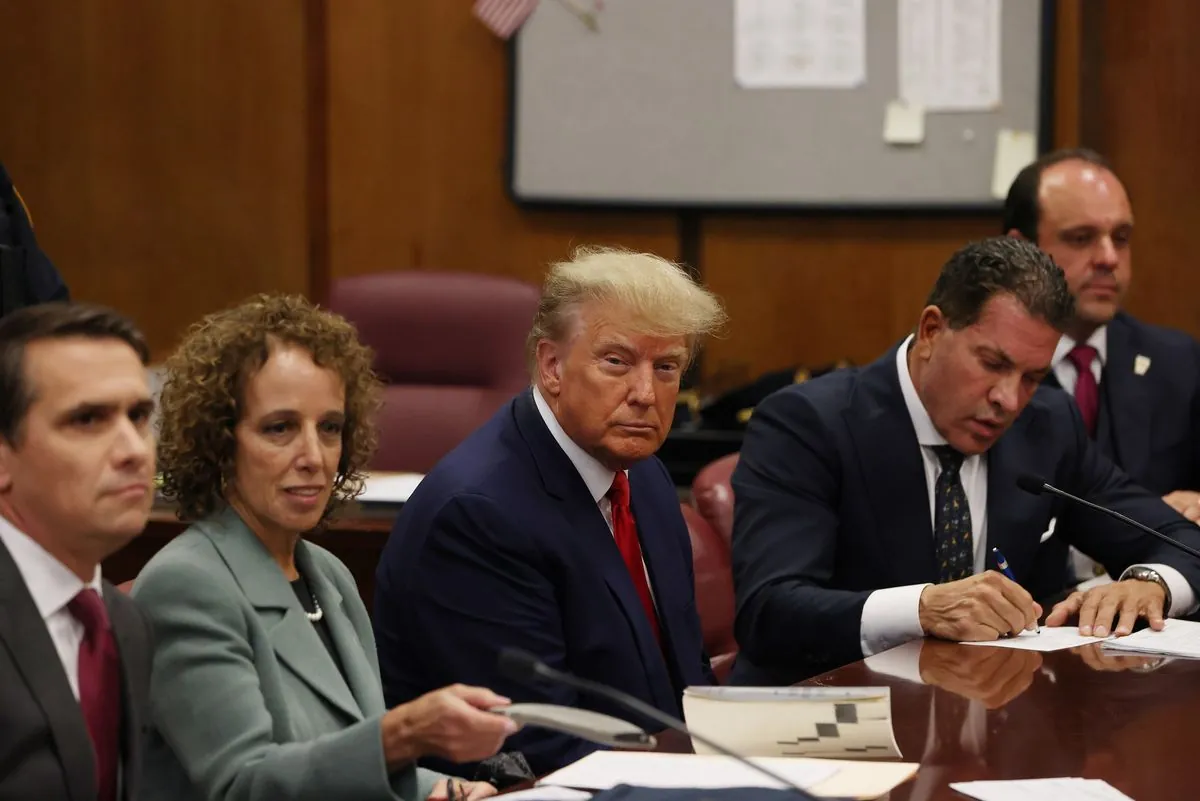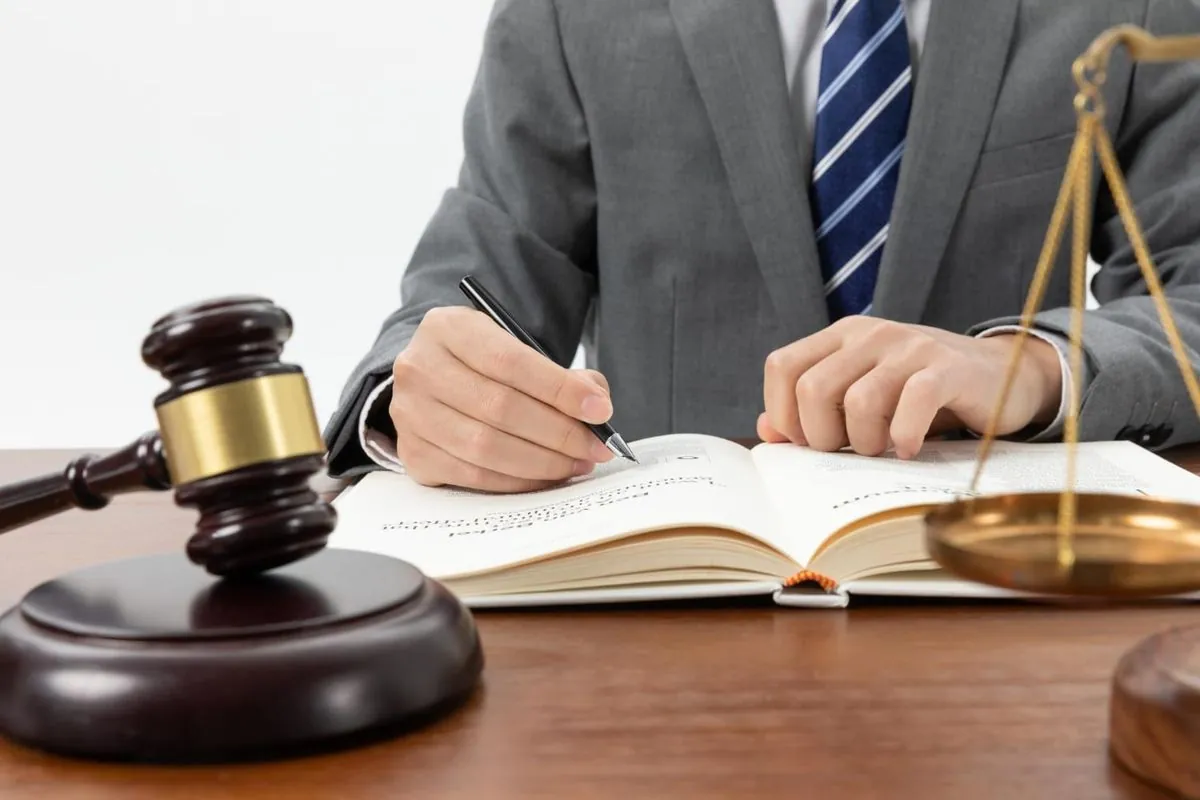Trump's Legal Team Given 4 Days to Challenge Special Counsel Filing Release
Federal judge orders Trump's lawyers to respond to partial disclosure of special counsel's 200-page filing on 2020 election case. Prosecutors seek to balance public access with protecting sensitive information.

A federal judge has set a tight deadline for Donald Trump's legal team to challenge the partial release of a crucial special counsel filing. This document, nearly 200 pages long, outlines the rationale for criminally prosecuting the former president over his attempts to overturn the 2020 election results.
U.S. District Judge Tanya S. Chutkan issued an order on Friday, September 22, 2024, giving Trump's lawyers until noon on Tuesday, September 26, to contest the government's proposals regarding what information should be disclosed or kept confidential. Additionally, the legal team has until October 10 to object to proposed redactions in four accompanying documentary exhibits.
The filing in question is a pivotal component of the criminal case against Trump, alleging illegal efforts to subvert Joe Biden's electoral victory. It is expected to unveil new evidence gathered by investigators. Prosecutors have indicated that approximately 90 pages of the document may contain both new and previously disclosed facts explaining why Trump should still face trial, despite the Supreme Court's landmark decision in July 2024 that granted presidents broad immunity for their official actions.

The case highlights the complex interplay between presidential powers and legal accountability. The U.S. Supreme Court, established in 1789, has played a crucial role in shaping the boundaries of executive privilege. The concept of executive privilege for presidents was first established in the 1974 United States v. Nixon case, demonstrating the ongoing evolution of presidential legal protections.
Prosecutors Thomas Windom and Molly Gaston have requested to withhold certain sensitive information in the public version of their immunity briefing. This includes protecting the identities of witnesses not already named in Trump's 36-page indictment, such as former vice president Mike Pence. They also seek to safeguard grand jury testimony, materials from sealed search warrants, and information obtained from other governmental entities.
The prosecutors' approach aims to balance providing the court with a detailed factual presentation while protecting sensitive materials and witnesses. This delicate balance reflects the principles enshrined in the Federal Rules of Criminal Procedure, which govern criminal proceedings in U.S. federal courts, and the Federal Rules of Evidence, which regulate the introduction of evidence in these proceedings.
In line with a gag order in the case, prosecutors have proposed limited redactions to some public materials, including Trump's social media posts that identified or targeted potential witnesses. This measure is intended to prevent threats, harassment, or any chilling effect on testimony. The concept of "gag orders" in U.S. law dates back to the 1976 Nebraska Press Association v. Stuart case, highlighting the ongoing tension between free speech and fair trial rights.
Trump's lead lawyers, John Lauro and Todd Blanche, have argued that the timing of the government filing is "fundamentally unfair" and politically motivated, given the proximity to the November 5, 2024, election. This argument touches on the delicate balance between legal proceedings and political processes, a recurring theme in U.S. history.
A consortium of news organizations, including The Washington Post, is expected to petition Judge Chutkan to unseal the material, citing its newsworthiness and public importance. This move underscores the role of the press in ensuring transparency in high-profile legal cases, a principle protected by the First Amendment to the U.S. Constitution.
The case against Trump has been complicated by the Supreme Court's July 2024 decision, which requires Judge Chutkan to determine which of Trump's charged actions were unofficial or can be prosecuted without infringing on presidential powers. This ruling highlights the ongoing debate over the extent of presidential immunity and its implications for the rule of law.
As the legal proceedings unfold, they continue to raise important questions about the balance between presidential authority, legal accountability, and public transparency in the American democratic system.


































